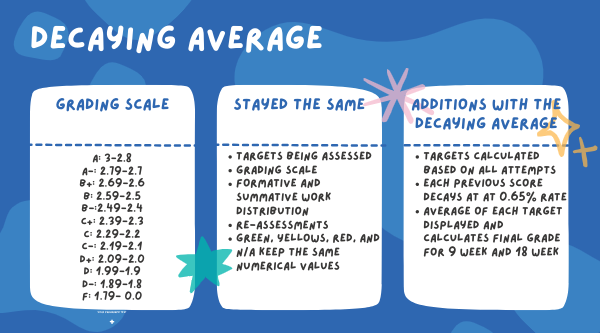Global superstar, Taylor Swift was recently awarded the title: Time’s Person of the Year. In the words of her fans across the globe, “It’s been a long time coming.” Her re-emergence as a touring pop star, however, resurfaces the discontents of many who criticized her music, success and especially her ever-present fanbase.
The criticism her mostly teen-girl fanbase sees alongside other musical artists with the same audience is nothing new. Thinking back to the last generation of young girls, most were captivated by young Canadian singer Justin Bieber, but Bieber’s most famous song, “Baby” received over 10 million dislikes making it the most disliked video for nearly 10 years on YouTube. Criticism for girls unfortunately does not stop at their favorite musical artists, but instead, in the eyes of others, the interests of teen girls is open for a particularly unique level of degrading. The interests of young girls are often picked apart for failing to be unique, for appearing to try to seem different, or for appearing to try to fit in.
Unfortunately, this trend does not end at 18, but instead follows girls well into womanhood. The concept of women’s interests being of lesser value not only devalues traditionally female-dominated roles but is beginning to affect all jobs as women enter the field. A Cornell University study shares that as women begin to diversify their interests in the workforce and step into once male-dominated spaces, the pay of that role and field declines. This greatly inhibits women from stepping into current high-paying careers and explains why the gender wage gap is not closing despite major efforts for equal pay and women’s success in higher education. Even as girls are encouraged to reach higher now more than ever, greater limitations are being uncovered about women.
The University of Zurich also shares that men are “selectively leaving occupations that are increasingly taken up by women.” Additionally, NPR shares an even greater damaging perspective that plays into that “if there’s 17 percent of women, men in the group think it’s 50-50, and if there are 33 percent women, men perceive that as there being more women in the room than men.” When women explore new interests at any point in their lives, in self-interest or career-wise, there is always a penalty. Even as women create more spaces for themselves to live and work freely, they are often met with a familiar rejection of being degraded and devalued.
Conversations around supporting young girls’ hobbies and interests are often key to building future success. The stereotype of the annoying fan girl is just the beginning of the discouragement a girl will face in her lifetime for simply exploring her passions. Allowing girls this right of self-discovery at such a principal point in their lives by reserving the hurtful comments and asides that often go unconfronted is the next step in ameliorating the exploration of girlhood.
Clearly, fangirls and feminism are intertwined.







